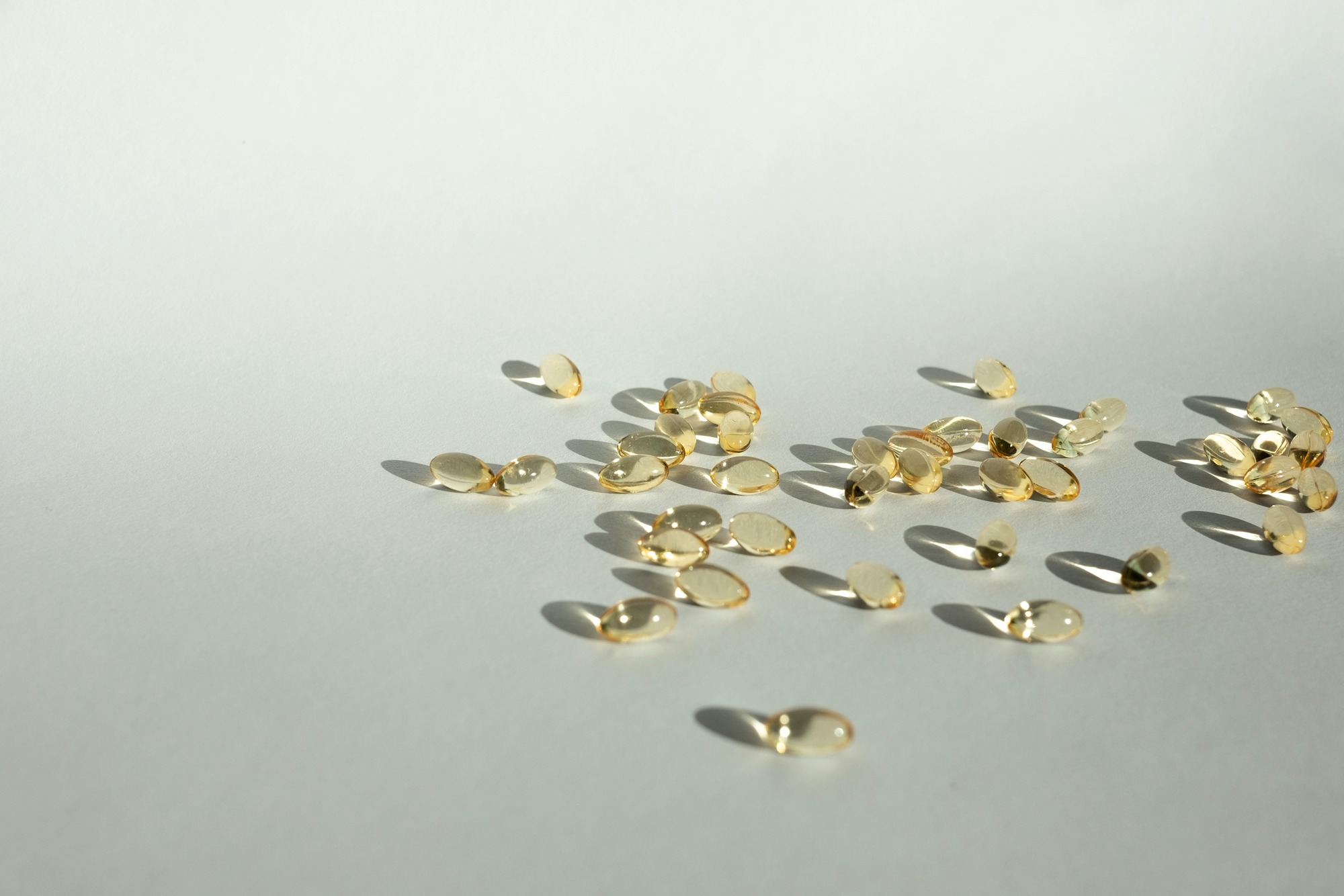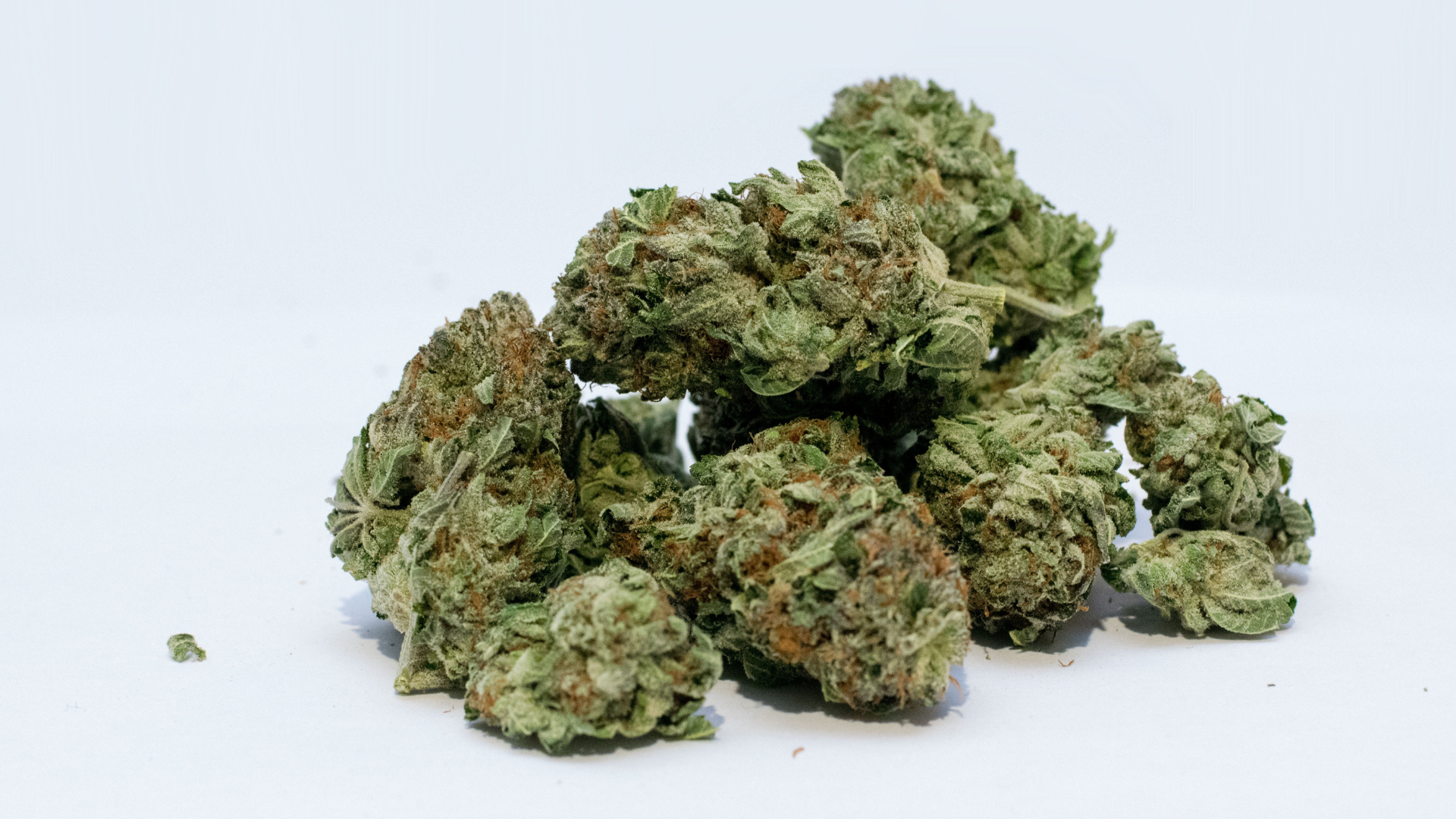Type a search + hit enter!
Category Title

read more
Vitamin B6, also known as pyridoxine, is a water soluble vitamin that plays an important role as a coenzyme in the human body. A coenzyme is a molecule that binds to an enzyme allowing it to function – and pyridoxine binds to many enzymes (over 100!) that are important in energy metabolism. Good food sources […]

read more
Subclinical mastitis (SCM) is common, and while many IBCLCs have anecdotally recognized similarities between clients, a specific etiology is not well defined. Recent studies (1,2) have observed correlations between increased levels of proinflammatory cytokines and alterations in anti-inflammatory breast milk components and subclinical mastitis. While inflammation in and of itself is necessary for our survival, […]

read more
Human Milk Oligosaccharies (HMOs) are a hot topic in lactation right now. HMOs are a type of carbohydrate and many are indigestible to the infant but digestible to the bacteria that colonize the gut, facilitating growth of commensal bacteria. Additionally, HMOs may act as a decoy to pathogenic microbes, thus playing a role in infant […]

read more
Oh caffeine… whether it is the coffees, sodas, teas or the like, many of us are addicted to caffeine. However, when you are pregnant and/or breastfeeding your caffeine habits may need to change. So, what is caffeine? Although many refer to caffeine as energy, caffeine does not provide your body with energy. Scientifically, energy for […]

read more
Did you know that postpartum nutrition looks different than nutrition before and during pregnancy? Hunger can skyrocket if you are breastfeeding, and food restrictions loosen up (allowing incorporation of ALL those foods you missed!). This can be challenging for some, especially if there is a goal to lose weight after delivering. However, it is vital […]

read more
Cannabinoids are a class of naturally occurring, biologically active molecules. Delta-9-tetrahydrocannabinol, more commonly known as THC, is a psychoactive cannabinoid found in marijuana – this is not produced in the human body. There are cannabinoids produced by the human body (endogenous cannabinoids) that act on the endocannabinoid system (ECS) to elicit neurological responses by binding […]
Get Your copy →
Cross the finish line with confidence.
Don't walk into your IBCLC exam nervous - with our comprehensive study guide in your back pocket, you'll be prepared for every scenario and question.